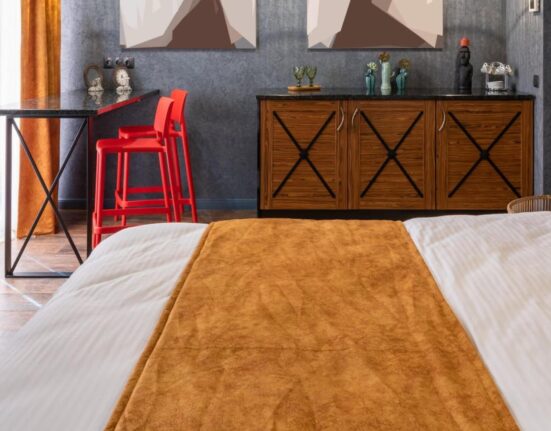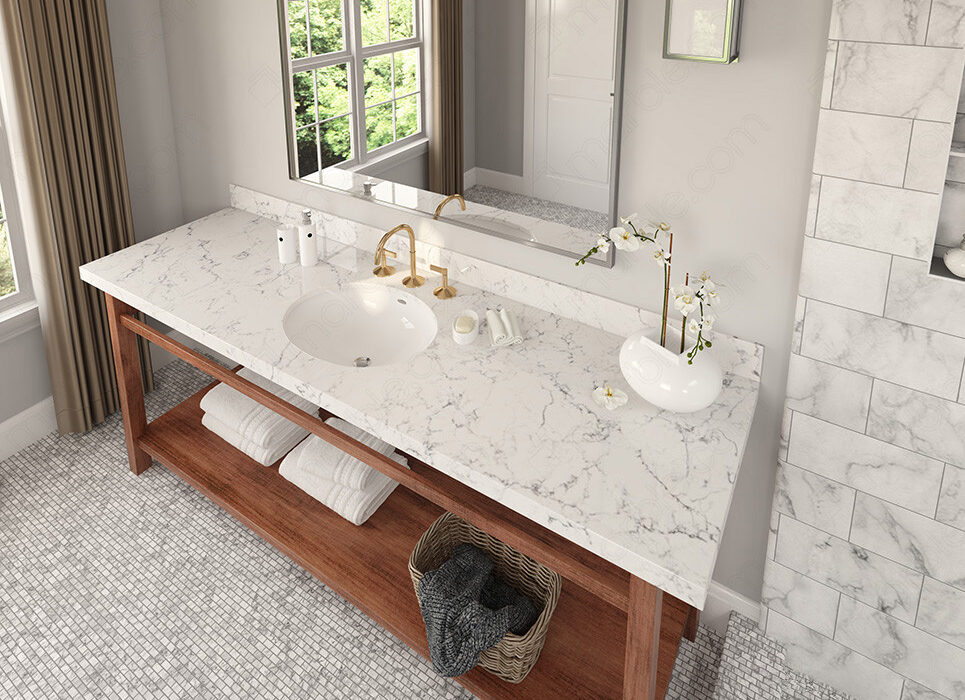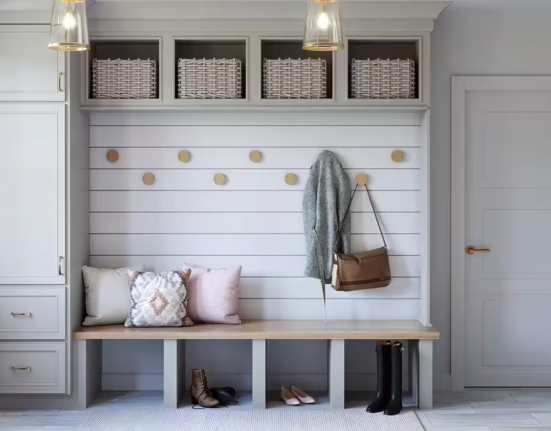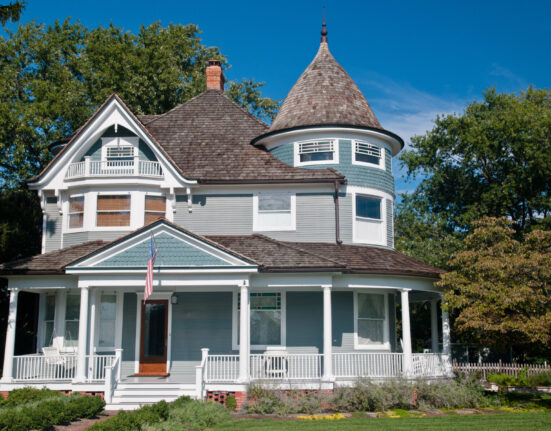When designing or renovating your bathroom, one of the most important decisions you’ll make is selecting the right bathroom countertop. The countertop not only serves a functional purpose but also plays a significant role in enhancing the overall aesthetic of the room. With a variety of materials, styles, and finishes to choose from, finding the perfect bathroom countertop can feel overwhelming. This guide will explore everything you need to know about bathroom countertops, from types and materials to maintenance tips and design inspiration.
Why Bathroom Countertops Matter
Bathroom countertops are essential to the functionality of your bathroom. They provide space for toiletries, cosmetics, and personal items, while also contributing to the room’s design. Given that bathrooms are high-moisture environments, the choice of material becomes crucial to ensuring durability and longevity. The right bathroom countertop can make your bathroom more stylish, organized, and easy to maintain.
Types of Bathroom Countertops
There are several materials to choose from when selecting bathroom countertops. Each comes with its own set of pros and cons depending on your needs, budget, and the style you’re aiming for.
1. Granite Bathroom Countertops
Granite is a popular choice for bathroom countertops because of its durability and natural beauty. It is resistant to scratches, stains, and heat, making it a practical option for high-traffic bathrooms. Available in a wide range of colors and patterns, granite countertops can complement various bathroom designs, from modern to traditional.
Pros:
- Durable and long-lasting
- Resistant to heat and scratches
- Variety of colors and patterns
Cons:
- Requires periodic sealing to prevent staining
- Can be expensive
2. Quartz Bathroom Countertops
Quartz countertops are engineered stones that combine natural quartz with resin to create a non-porous, low-maintenance surface. Known for their strength and uniform appearance, quartz bathroom countertops are resistant to stains and bacteria, making them an excellent choice for bathrooms. They come in a wide variety of colors and patterns, including options that mimic the look of natural stone.
Pros:
- Low maintenance and non-porous
- Highly durable
- Available in many colors and finishes
Cons:
- Can be more expensive than other materials
- May not be as heat-resistant as granite
3. Marble Bathroom Countertops
For a luxurious and elegant bathroom, marble is a timeless choice. Its classic appearance, with unique veining and a smooth, polished surface, makes it highly desirable. However, marble is softer than granite or quartz and can be more prone to scratching and staining. It also requires more care and regular sealing to maintain its beauty.
Pros:
- Elegant and sophisticated appearance
- Each slab is unique due to natural veining
Cons:
- Prone to scratching and staining
- Requires regular sealing and maintenance
4. Wood Bathroom Countertops
Wood bathroom countertops bring a natural and rustic vibe to the space. While they offer a warm, organic look, they are not as water-resistant as stone options and can swell or warp if exposed to excessive moisture. However, with proper sealing and maintenance, wood countertops can last a long time and develop a beautiful patina over time.
Pros:
- Warm, natural look
- Can be easily customized with different finishes
Cons:
- Susceptible to water damage without proper care
- Requires regular sealing and maintenance
5. Laminate Bathroom Countertops
For a budget-friendly option, laminate countertops are a practical choice. Available in an array of colors and patterns, laminate bathroom countertops are easy to clean and maintain. However, they are more prone to scratching and staining compared to stone surfaces, so they may not be as durable in the long run.
Pros:
- Affordable and budget-friendly
- Easy to clean and maintain
- Available in many styles and colors
Cons:
- Prone to scratches and damage
- Can look less luxurious compared to stone options
Factors to Consider When Choosing Bathroom Countertops
When selecting bathroom countertops, there are several factors you should consider to ensure you choose the best material for your needs.
1. Durability
Since the bathroom is a high-moisture environment, it’s essential to choose a countertop that is resistant to water damage, stains, and scratches. Materials like granite, quartz, and solid surface options are known for their durability, making them ideal for bathroom use.
2. Style and Design
Your bathroom countertops should complement the overall design of your bathroom. Whether you’re going for a sleek, modern look or a more traditional style, the color and texture of your countertops should blend seamlessly with the rest of the room’s decor. Consider how the countertop color will interact with your tiles, cabinetry, and fixtures.
3. Maintenance
Some materials, like granite and marble, require more upkeep to keep them in top condition. For example, granite needs to be sealed regularly to prevent staining, while marble can stain easily from acidic substances like toothpaste or makeup. If you want a low-maintenance option, quartz is an excellent choice because it’s non-porous and easy to clean.
4. Budget
Budget is an important consideration when choosing bathroom countertops. While natural stone options like granite and marble can be expensive, engineered stone (such as quartz) or laminate can offer a more affordable alternative without sacrificing style or quality. Assess your budget to determine which material best meets your financial needs.
5. Eco-Friendliness
If sustainability is important to you, consider opting for environmentally-friendly countertop materials. Recycled materials, such as recycled glass, are great eco-conscious options that can bring a unique touch to your bathroom while reducing waste.
Installation of Bathroom Countertops
Installing bathroom countertops is a task that requires precision and expertise. While some materials, like laminate, can be DIY-installed, most stone countertops (granite, marble, quartz) should be installed by professionals to ensure proper sealing and a perfect fit. The installation process may vary depending on the material, but it typically involves measuring the countertop space, cutting the material to size, and securing it in place.
Maintenance Tips for Bathroom Countertops
Maintaining your bathroom countertops is essential to prolong their lifespan and keep them looking new. Here are some general tips:
- Granite: Clean with a mild soap and water solution, and seal regularly.
- Quartz: Wipe down with a damp cloth and avoid abrasive cleaners.
- Marble: Clean with a gentle cleaner and reseal every 6-12 months.
- Wood: Regularly oil or wax to prevent moisture damage.
- Laminate: Clean with a non-abrasive cleaner to avoid scratching the surface.
Conclusion: Choose the Right Bathroom Countertop for Your Home
When selecting bathroom countertops, consider factors like durability, style, maintenance, and budget to find the perfect option for your space. Whether you opt for the timeless elegance of marble, the durability of granite, or the modern look of quartz, the right countertop will elevate the overall aesthetic of your bathroom. With careful consideration and proper maintenance, your bathroom countertops will continue to enhance your space for years to come.
Ultimately, investing in high-quality bathroom countertops is an investment in the long-term functionality and beauty of your bathroom.














